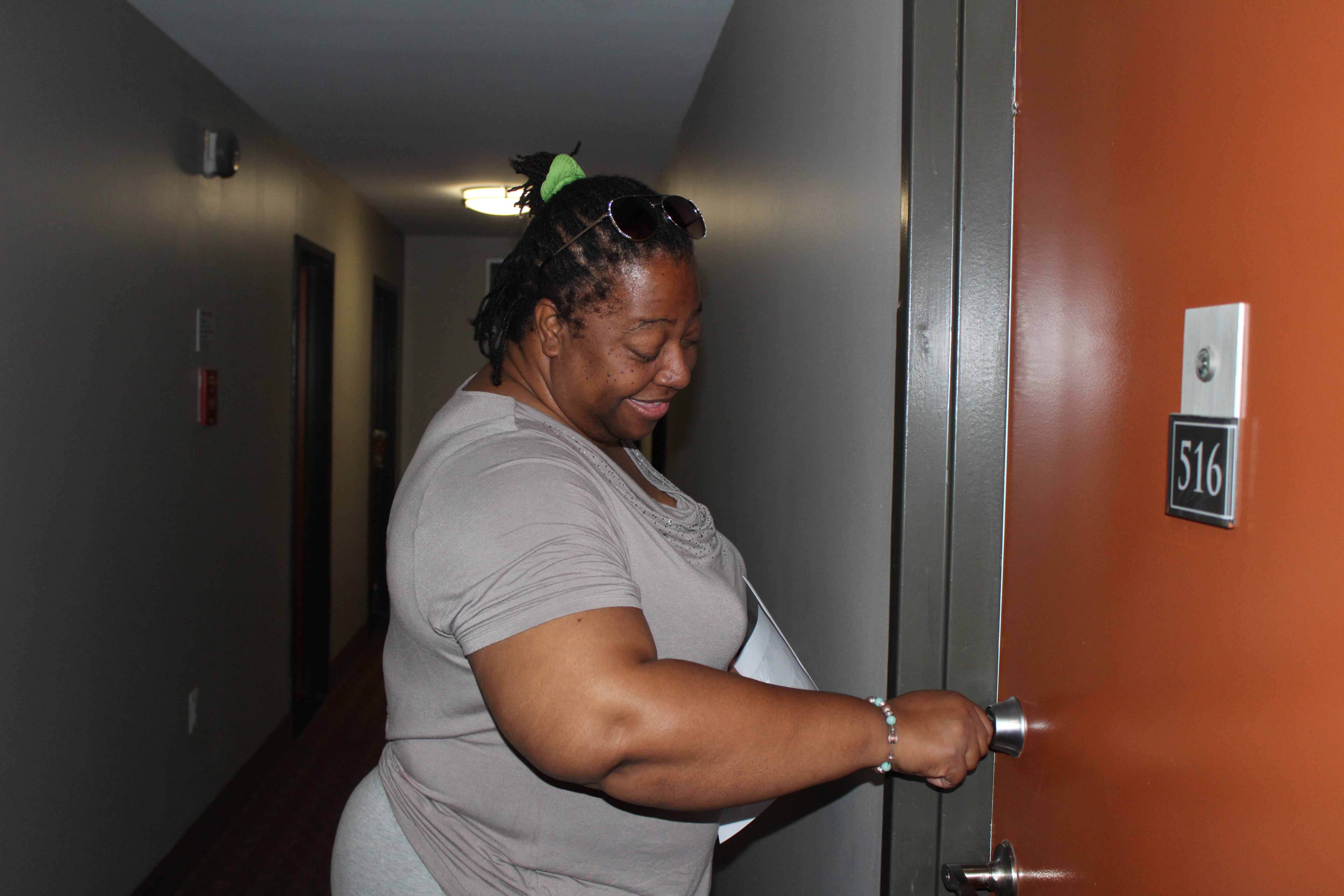Affordable Housing Explained: What It Is and Who It Benefits
A safe, stable place to call home is the foundation for health, dignity and opportunity. Yet for many individuals and families, securing affordable housing remains out of reach. Without stable housing, it becomes incredibly difficult to focus on employment, healthcare, education or long-term goals. Below, we’re diving into what exactly “affordable housing” means, and why it’s essential for building thriving communities.
What Is Affordable Housing?
Affordable housing refers to homes that cost no more than 30 percent of a household’s gross income, including rent or mortgage and utilities. This guideline helps ensure that people can cover other basic needs like food, healthcare, transportation and education.
Affordable housing comes in many forms, including apartments, single-family homes, supportive housing with access to services and transitional options that help people move toward long-term stability. The shared goal across these housing types is to prevent people from becoming cost-burdened, where too much of their income is spent on housing at the expense of other essentials.
How Is Affordable Housing Funded?
Because no single funding source can meet the demand, collaboration across sectors is critical for expanding access to affordable housing. Affordable housing is made possible through a mix of funding sources, including:
- Federal programs, such as the Low-Income Housing Tax Credit (LIHTC), Housing Choice Vouchers (commonly called Section 8) and funding from the U.S. Department of Housing and Urban Development (HUD)
- State and local government support through grants, housing trust funds and incentives for developers
- Private investments that frequently work alongside public funds to make projects viable
- Nonprofit organizations and philanthropic partners that raise funds through donations, grants and mission-driven partnerships
The Impact of Affordable Housing
Affordable housing provides more than a roof over one’s head. Stable housing creates a foundation for better health, steady employment and stronger educational outcomes for children. Research shows that affordable housing reduces hospital visits, lowers rates of chronic illness and supports better mental health by easing the stress and uncertainty caused by housing instability.
Communities also benefit when affordable housing is available, as neighborhoods become more economically diverse, local businesses gain a more stable workforce and displacement is reduced. Together, these allow communities to stay connected and resilient.
Who Benefits from Affordable Housing?
Affordable housing supports a wide range of people across different backgrounds and life stages, including:
- Seniors living on fixed incomes
- Veterans transitioning back to civilian life
- Families with low to moderate incomes
- Individuals experiencing homelessness
- People with disabilities who need accessible or supportive housing
- Essential workers, including teachers, healthcare providers, service workers and first responders, who often can’t afford market-rate housing where they work
At PathForward, we focus on providing safe, stable and supportive housing for individuals who have experienced homelessness. Many of the people we serve also face significant health or other life challenges that make stable housing even more critical.
The Challenges of Affordable Housing
While the need for affordable housing is clear, several persistent challenges make it difficult to create and maintain enough units to meet the demand:
- Limited funding and competition for available resources
- Zoning restrictions and regulations that limit where affordable housing can be developed
- Community opposition, often rooted in stigma or misunderstandings about affordable housing and the people who need it
- Rising construction and land costs that make development more expensive
- Long waitlists for existing affordable housing options, leaving many without stable choices for months or even years
These challenges underscore the importance of comprehensive solutions that include funding, policy reform and education.
The Role of Nonprofits in Affordable Housing
Nonprofit organizations play a crucial role in addressing housing insecurity and homelessness by offering both affordable housing options and the supportive services needed to maintain stability. At PathForward, our work is guided by the belief that stable housing is the solid foundation on which individuals can rebuild their lives and achieve long-term well-being.
Research consistently shows that people are more receptive to social support once they are in housing. This principle is at the core of our “Housing First” approach, which prioritizes getting people into stable housing quickly, without barriers like employment status, sobriety or income level – and then layering on the supportive services needed to stay housed.
PathForward provides a range of affordable housing solutions for Arlington residents experiencing homelessness or at risk of losing their housing, including eviction prevention, rapid re-housing, transitional housing and permanent supportive housing. Through strong community partnerships and personalized case management, we help individuals secure stable housing and build a path toward lasting stability.
The Future of Affordable Housing
Addressing the affordable housing crisis requires bold action and shared commitment. Key areas for progress include:
- Increasing federal, state and local investment in affordable housing
- Reforming zoning laws to allow more diverse housing options
- Building stronger public-private partnerships to fund and sustain affordable housing projects
- Integrating supportive services with housing to address complex needs
- Educating communities to reduce stigma and promote understanding of the benefits affordable housing brings to everyone
Affordable housing is not just about providing shelter – it’s about creating opportunities for people to live healthy, productive lives and building communities where everyone has the chance to belong.
Support Affordable Housing with PathForward
At PathForward, our programs help individuals secure housing and access the services they need to maintain it – and your support helps make this work possible! Whether through donations, volunteering or advocacy, you can play a role in expanding access to housing and ending homelessness in our community.
Learn more about how you can support affordable housing in Arlington, Virginia!

